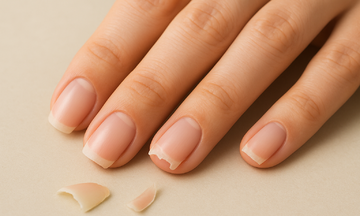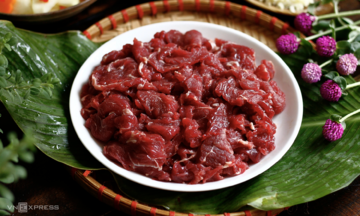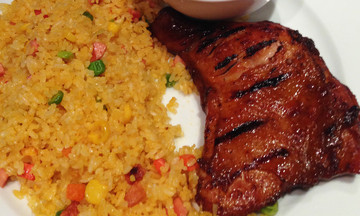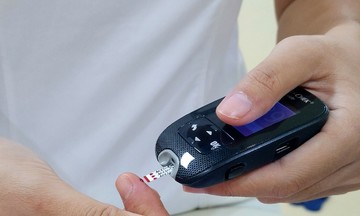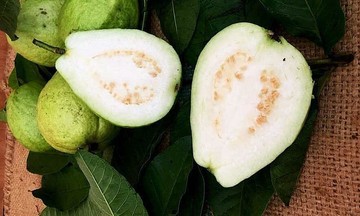Nutritionist Nguyen Thi Thu Huyen from the Nutrition Department of Tam Anh General Hospital in Hanoi advises individuals with high blood pressure to limit sugary foods due to the risk of elevated blood sugar, weight gain, and cardiovascular issues. However, some naturally sweet foods rich in fiber, vitamins, and minerals can help manage blood pressure if consumed appropriately.
Bananas offer mild sweetness and are rich in potassium, which helps balance sodium levels in the body, thereby assisting in lowering blood pressure. 100g of banana provides over 300mg of potassium, nearly 10% of the daily requirement. Individuals can consume 1-2 bananas daily, incorporating them into breakfast or as a healthy dessert.
Apples are packed with soluble fiber (pectin) and flavonoid antioxidants, which improve vascular health, lower cholesterol, and aid in blood pressure management. Apples are naturally sweet but have a low glycemic index, minimizing sudden blood sugar spikes, making them suitable for individuals with cardiovascular diseases.
Sweet potatoes have a gentle sweetness and are rich in fiber and potassium. Substituting a portion of rice with sweet potatoes can help maintain stable blood sugar levels and provide beta-carotene antioxidants, supporting cardiovascular health and blood pressure. Boiling or steaming is recommended, avoiding frying or grilling.
Oranges and tangerines are abundant in vitamin C and flavonoids. Vitamin C plays a crucial role in collagen synthesis, strengthening blood vessel walls. Flavonoids act as antioxidants, protecting vascular endothelial cells. These fruits contribute to blood pressure regulation and reduce the risk of cardiovascular diseases. Eating the fruit directly is preferable to juice; if consuming juice, avoid adding sugar.
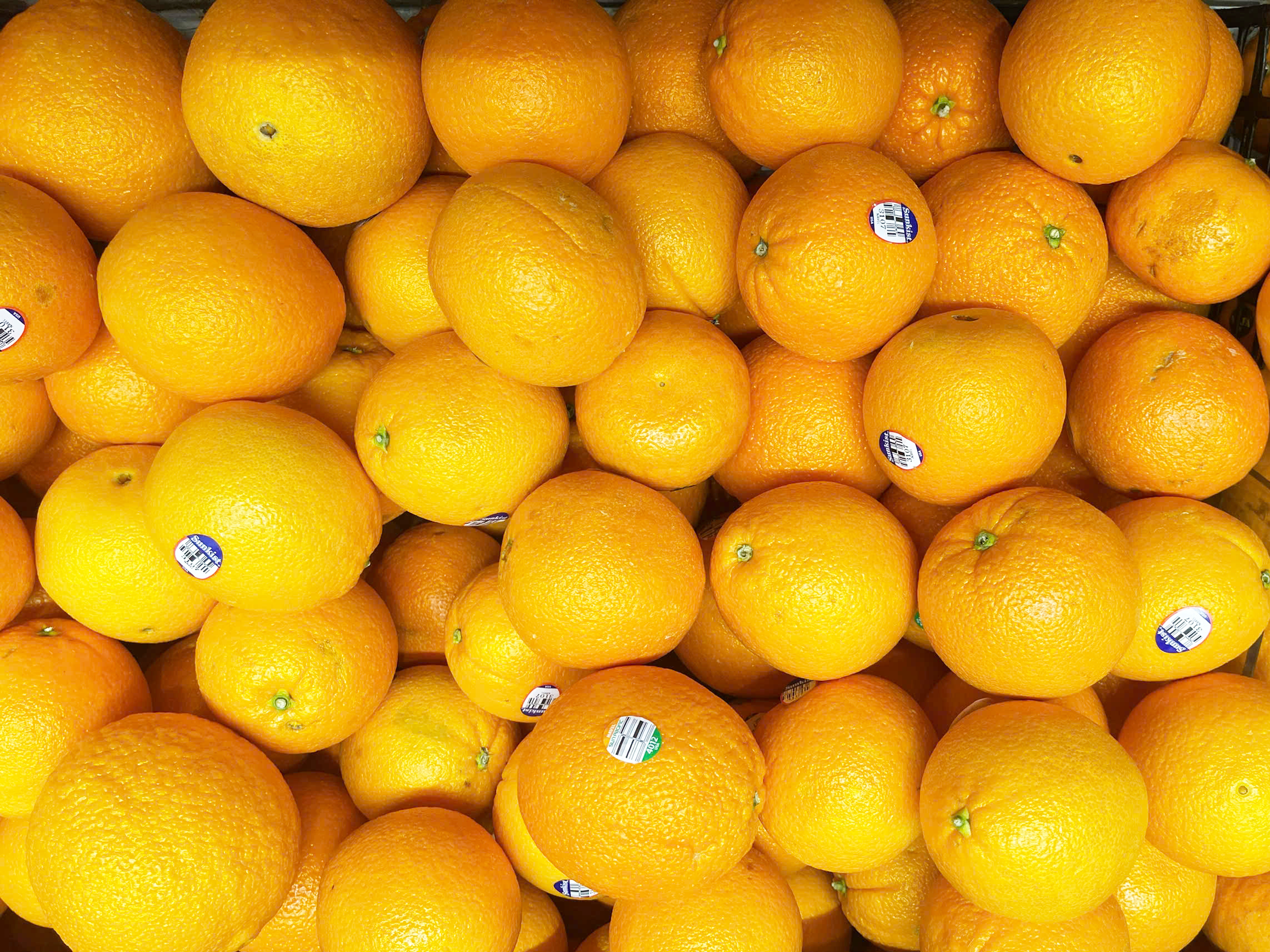 |
Oranges and tangerines strengthen blood vessel walls, provide antioxidants, and help regulate blood pressure. Photo: Ly Nguyen |
Purple grapes contain resveratrol, a potent antioxidant. This compound improves endothelial function, promoting vasodilation, which regulates blood pressure and reduces LDL cholesterol oxidation, a key factor in atherosclerosis.
Dates offer natural sweetness and are rich in potassium, magnesium, and fiber, essential for electrolyte balance and cardiovascular function. Consumed in moderation (2-3 dates per day), they provide energy and micronutrients without significantly affecting blood sugar. They can be included in breakfast or as a replacement for refined sugar snacks.
Persimmons have a delicate sweetness and are rich in vitamin C, fiber, and potassium. Vitamin C and antioxidants protect blood vessels, while potassium helps regulate blood pressure. The fiber content slows down sugar absorption, limiting post-meal blood sugar spikes and promoting satiety. Individuals with high blood pressure can enjoy a medium-sized persimmon as a snack or combine it with other fruits for added micronutrients and heart-healthy antioxidants.
Berries such as blueberries, mulberries, and raspberries are rich in anthocyanins, compounds that dilate blood vessels, increase circulation, and reduce pressure on artery walls.
Honey offers natural sweetness, provides quick energy, and contains numerous antioxidants, including flavonoids and phenolics. These antioxidants protect blood vessels, help regulate blood pressure, and reduce the risk of cardiovascular complications. Unlike refined sugar, honey has a lower glycemic index.
However, moderation is key, as honey still contains natural sugars and can contribute to weight gain or affect blood sugar if consumed excessively. Limit intake to 1-2 teaspoons daily, preferably diluted in warm water or combined with lemon, herbal tea, yogurt, or oatmeal. Individuals with both diabetes and high blood pressure should consult their doctor before including honey in their diet to avoid blood sugar spikes.
People with high blood pressure should consume naturally sweet fruits in moderation, about 2-3 servings per day (equivalent to 200-300g). Prioritize whole fruits to retain fiber and stabilize blood sugar. Limit refined sugar products like candy, cookies, and carbonated soft drinks, opting instead for vegetables, fruits, and whole grains. Regular exercise, such as brisk walking, swimming, cycling, or light strength training for at least 150 minutes per week, helps manage blood pressure. Regular check-ups and adherence to prescribed medication regimens are also crucial.
Ly Nguyen
| Readers can submit questions about cardiovascular diseases here for doctors to answer. |



